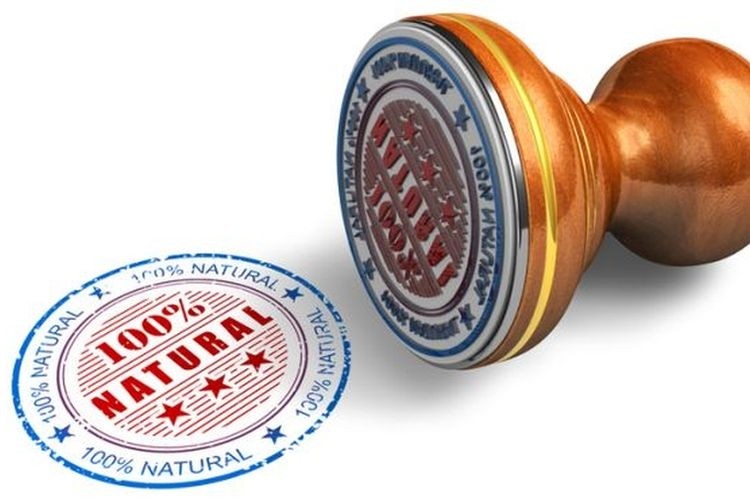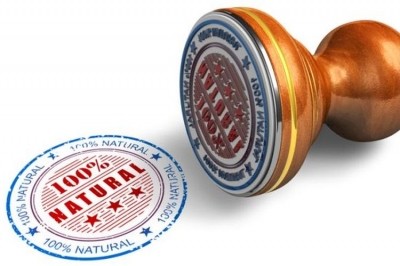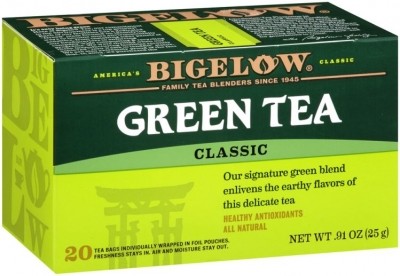GUEST ARTICLE: FDA poised to spoil a food fight, naturally

As most foodies know, these lawsuits, which claim alleged violations of state consumer protection statutes, have scorched federal dockets and reached gluttonous proportions over the last decade – rising from approximately 20 active cases in 2008 to nearly 500 as of this writing.
Amid this burgeoning tempest in a teapot, the U.S. Food and Drug Administration (FDA) repeatedly declined to weigh in on the definition of the term “natural,” which serves as one of the primary leaveners of these lawsuits. Given the lack of a governing regulatory definition of “natural” from the FDA, plaintiffs’ lawyers, some of whom previously whet their appetite for large class-action settlements on tobacco litigation, began whipping up and filing batches of “natural” lawsuits targeting everything from soup to nuts.
Most cases are settled
The cases all follow the same standard recipe and are generally based on the allegation that the use of “natural” on product labels fraudulently induces consumers into purchasing products by misleading them about the products’ healthfulness.
Most of the cases are settled to avoid spending a lot of dough to defend them, but the settlements do little, if anything, to clarify the meaning of “natural” for food and beverage labeling purposes. Instead, they serve primarily as gravy trains for the plaintiffs’ attorneys, who obtain exorbitant fees for themselves but merely gather crumbs in the form of a nominal cash payment or a coupon or voucher for the consumers they purport to represent.
It’s a rotten outcome that leaves both consumers and food and beverage makers with a bad taste in their mouth.
FDA commissioner: 'We’ll have more to say on the issue soon'
Although it initially declined to define “natural,” the FDA subsequently ate a slice of humble pie and opened a pre-rulemaking request for public comment on how it should define the term, which prompted many courts to enter stays in pending cases on primary jurisdiction grounds.
Because it has since moved slower than molasses in completing the task and still has not issued a definition, some courts are beginning to deny new stay requests and to lift stays previously entered at the request of lawyers from the so-called Plaintiffs’ Food Bar, who argue that the courts are a more expedient and appropriate forum for resolving the disputes because the FDA’s extended delay indicates that it either does not intend to define “natural” or has not yet determined whether or how to define the term.
However, the FDA’s top banana, Commissioner Scott Gottlieb, recently made comments that could leave these lawyers with egg on their face.
During his keynote address at the National Food Policy Conference in March, Commissioner Gottlieb outlined the FDA’s new multiyear plan for improving public health and enabling Americans to make better nutritional choices. Per Commissioner Gottlieb, defining “natural” is a key component of the consumer information and labeling initiatives that are part of the plan.
Although he did not offer any definitive information about how or when the agency will define the term, he confirmed that the agency reviewed the more than 7,600 comments received in response to its pre-rulemaking request and acknowledged that “consumers increasingly want to know what is in the food they eat … [and] are trusting in products labeled as ‘natural’ without clarity around the term.”
He also noted that “there are wide differences in beliefs regarding what criteria should apply for products termed ‘natural,’” but he said that the agency believes that “the natural claim [on food and beverage labels] must be true and based in science” and promised that it will “have more to say on the issue soon.”
When considered in conjunction with similar statements previously attributed to him in Wall Street Journal and New York Times articles, Commissioner Gottlieb’s remarks confirm that the FDA continues to ruminate on the “natural” issue but expects its efforts to bear fruit soon, and that the arguments to the contrary by the Plaintiffs’ Food Bar are not only half-baked but self-serving and erroneous.
Court rulings on natural cases are a mixed bag
Suggestions by some legal commentators that recent defense victories indicate that the judiciary is beginning to curtail the lawsuits notwithstanding the FDA’s inaction are not worth a hill of beans either.
True, some courts have recently dismissed lawsuits concerning products purportedly containing trace amounts of glyphosate, as well as suits concerning cooking oil made with bioengineered corn and yogurt made with milk from cows that consumed genetically modified feed.
But cases based on the same or very similar allegations were allowed to proceed in other courts, and it is questionable whether the grounds for some of the recent dismissals can withstand appellate scrutiny.
Thus, it is best to take such prognostications with a grain of salt for now because the results in the courts are mostly mixed and lacking consistency.
The case for primary jurisdiction
Moreover, these inconsistent rulings demonstrate precisely why judicial deference to the FDA on primary jurisdiction grounds is warranted. Although courts routinely consider consumer protection claims, that alone does not cut the mustard in these cases. For courts to resolve these claims – that the defendants falsely and deceptively labeled their products “natural” – they must first determine whether the defendants used “natural” ingredients and production/processing methods.
Such determinations involve consideration of complex technical, scientific, and policy issues that lie outside the judicial ken. Instead, they fall squarely within the FDA’s expertise, experience and congressionally delegated regulatory authority.
Nor are courts well suited to establish a uniform nationwide definition of “natural” for food and beverage labeling purposes. Rather, they are functionally equipped to resolve discrete cases, based only on the evidence and arguments presented by the parties in each case.
Adjudicating the meaning of “natural” on a case-by-case and product-by-product basis in nearly 500 separate lawsuits is a costly and slow process and will almost assuredly produce discordant and subjective rulings that impose a patchwork of labeling standards and requirements that varied by jurisdiction. Worse yet, the courts may very well issue rulings that conflict with the definition Commissioner Gottlieb said is forthcoming from the FDA. It also risks improperly elevating enforcement of state consumer protection statutes above the FDA’s authority to establish food-labeling laws.
FDA faces a daunting task
In fairness to the FDA and its seemingly slow-roasted approach to the task, defining “natural” is no piece of cake. The diversity of opinions in the comments received by the FDA alone makes defining “natural” a hard nut to crack. Technological advancements impacting how ingredients are grown, harvested and processed add even more complexity to the task.
Plus, the agency’s plate is already full with implementing the Food Safety Modernization Act as well as the new requirements for the Nutrition Facts panel and menu labeling – not to mention navigating a change in presidential administrations. That the FDA is still chewing on the issue is more than understandable, given the circumstances.
Although promises, eggshells and piecrusts are made to be broken, the FDA finally appears poised to provide clarity regarding use of the term “natural” on food and beverage labels. In light of Commissioner Gottlieb’s consistent and repeated messaging, food and beverage makers that are defending “natural” lawsuits should promptly request stays on primary jurisdiction grounds.
All pending natural cases should be stayed on primary jurisdiction grounds
The courts should grant such requests and stay all pending “natural” lawsuits to avoid inconsistent outcomes and conserve judicial and litigant resources until the conclusion of the FDA’s rulemaking proceedings.
However, given the ongoing risk of litigation and the inconsistent manner in which the courts have managed the “natural” lawsuits thus far, food and beverage makers not presently defending a “natural” lawsuit should consult with counsel to assess their potential exposure and take appropriate mitigation measures to avoid getting burned by one of these lawsuits.
This article was first published in Corporate Counsel Business Journal.
Gregory D. Cote is a partner at law firm McCarter & English’s Business Litigation practice group, representing companies in the food and beverage sector in disputes over labeling and other matters. He also specializes in constitutional and business disputes and has represented a broad spectrum of clients in federal and state courts throughout the country and routinely advises them on state and federal consumer protection statutes.










